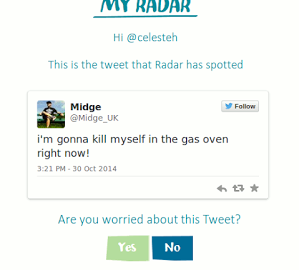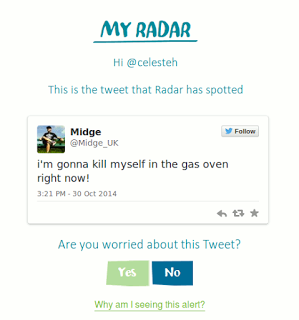A decade or so ago, when my blog hosting company was purchased by Google, I don’t recall being alarmed. They assured me that they wouldn’t be evil. Alas, for the good old days!
As Google has shed their concern about avoiding evil, I’ve been pondering moving away from them. There were two factors that finally pushed me to go. One was the lack of control over the platform, which interferes with making posts about whatever hack pact I flirt with completing. I couldn’t post my javascript stuff at all. I couldn’t use my favourite music font. The final annoyance was that I couldn’t post my new PD patches with WebPD. Unfortunately, it turns out they don’t actually run with WebPD, but anyway…
The other day, I clicked a link to find out the origin of the slang term ‘on fleek’, which took me to those well known connoisseurs of youth culture, the New York Times. I can’t tell you if their article was good or bad, as I was unable to read it. They greyed out all of their text, pending my filling out a short survey that wanted my medical history. If I had disclosed to Google surverys whether or not I have high blood pressure or diabetes, I might be able to awkwardly use slang like a 39 year old who read about the term in the NYT. Instead, I tried clicking the opt-out link, which failed to work. And that was the moment that pushed me over the edge.
I’m not exactly happy about how google analytics tracks me around the web (which they do, to me and you – with the help of website owners, they know almost everything we click on). But trying to coerce me to disclose private medical history is a step too far. My medical records are private, protected sensitive data in both the US and the EU. They have no right to know and no right to ask. If I had disclosed, they would certainly share that information with advertisers and other interested parties, something that medical privacy laws were expressly written to prevent. Screw that.
So my new plan is to stop handing all of my data to Google. Step one, the easiest step, is to move my blog. WordPress is extremely easy to use. This is my domain and my server and I can use whatever fonts I want!
The next step is dropping Gmail. Unlike most other email providers, Google does not just deliver your email, but they also hand over keywords to advertisers. Have you ever wondered how it is that you exchange some emails about maybe buying an inflatible raft (or whatever) and then suddenly see a bunch of banner ads about rafts for sale? That’s because Google read your email. Indeed, so many people have gmail accounts, that google is likely to be reading your email even if you don’t use them.
The widespread gmail usage also creates additional issues for users. Many people are confused about their email address and keeping giving out mine when signing up for stuff. When I briefly signed up for whatsapp, somebody already had an account with my email address. A lot of app developers seem to have given up even providing a mechanism to get them to stop spamming you with somebody else’s email notifications. And, indeed, as a related issue, if some other person mistypes or misspells my address when trying to contact me, the typo is likely to actually be an account name for somebody. My would-be correspondent doesn’t get a bounce message or a reply from a user who is used to seeing things not meant for them. Which is why a publisher texted recently me to find out if I was dropping out of their project, as they’d never heard any replies.
And then, finally, I need to de-google my Android phone. My gmail account does not just have all my email, it has my contacts. I helpfully type in the first name, last name, phone number and address of people I want to keep track of. So if you sign up for some_cool_dude@gmail and think that they might read your email and know you have high cholesterol, but at least they don’t know who you are in real life, well, one of your friends with a Samsung just told them you’re John Smith of 124 Some Street, etc and gave them your phone number.
I used to work on web search many years ago and remember when google was a shiny new company. Even when it was small, a lot of employees there were ‘ex’ NSA spooks. Google was happy to hire them. NSA programmers are really good at search algorithms. Google’s journey from being a really good search engine to a gateway that won’t let you pass without demanding access to extremely sensitive medical data has been very gradual. It was easy to trade a bit of privacy for a lot of convenience, but this, finally, is a step too far.
So welcome to my new blog! Theoretically, all my old posts have been moved over. If you still use an RSS reader, update your feed to: http://www.celesteh.com/blog/feed/

